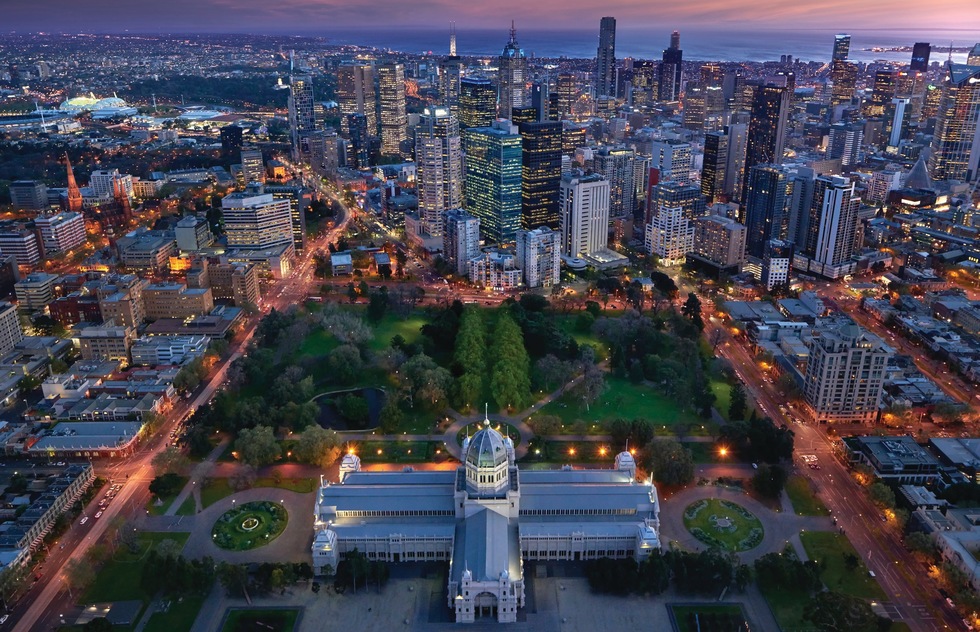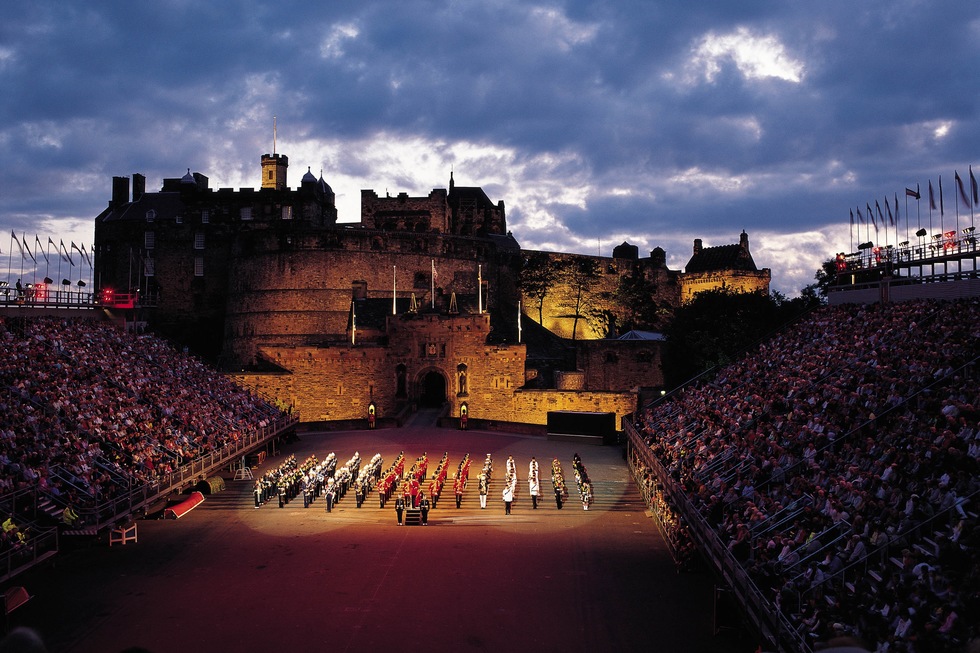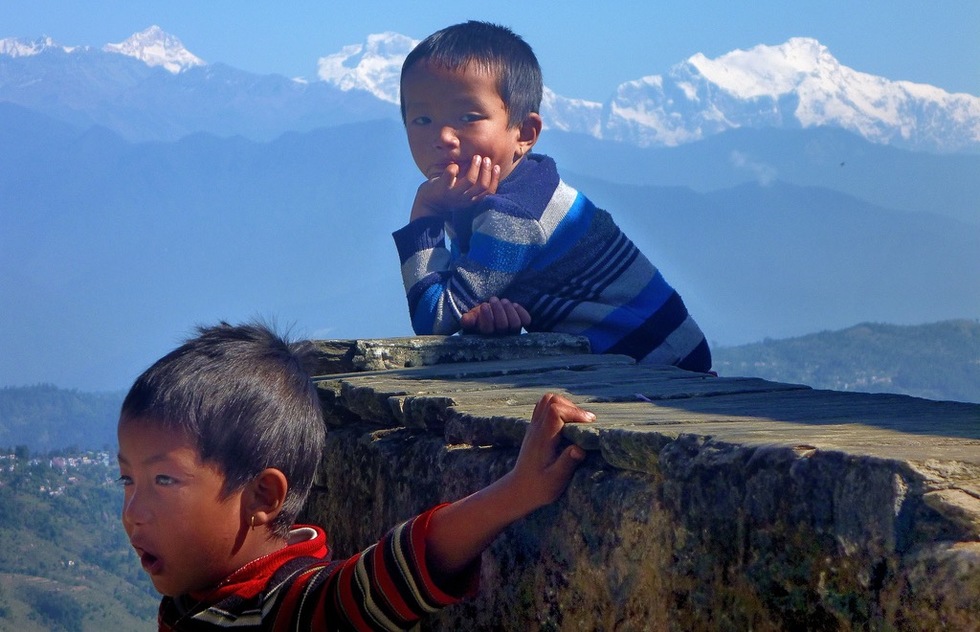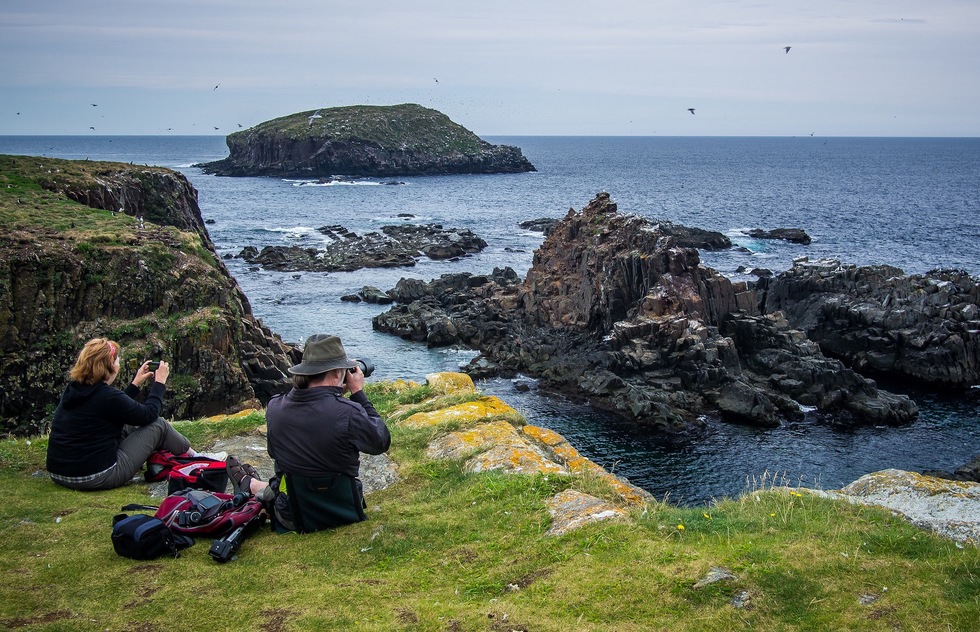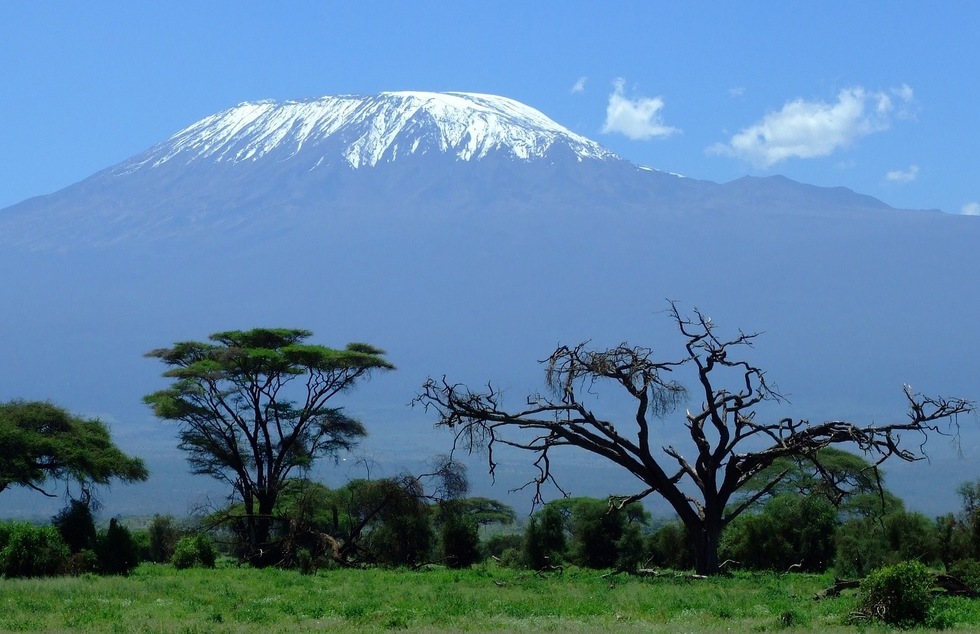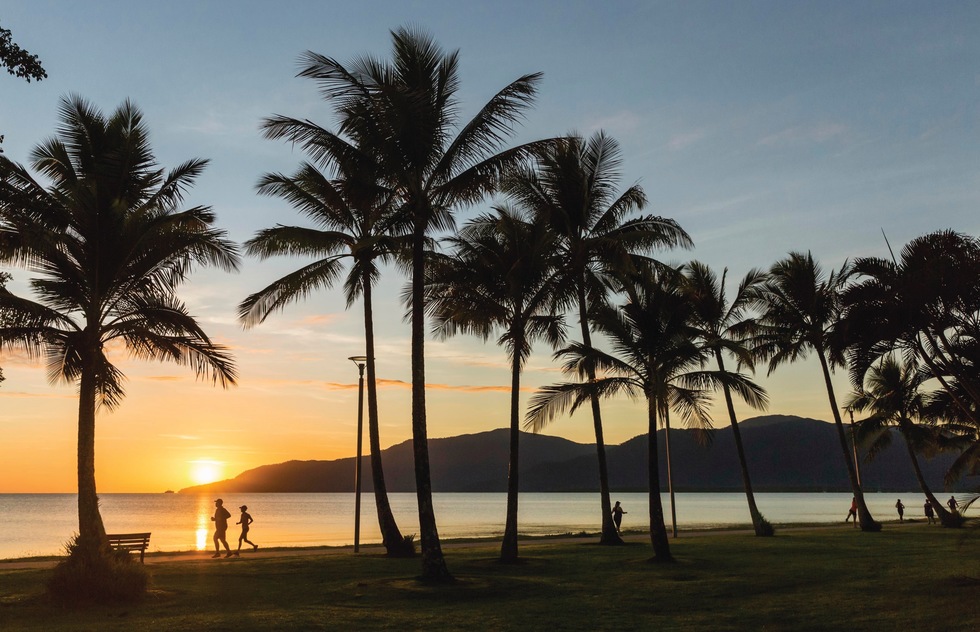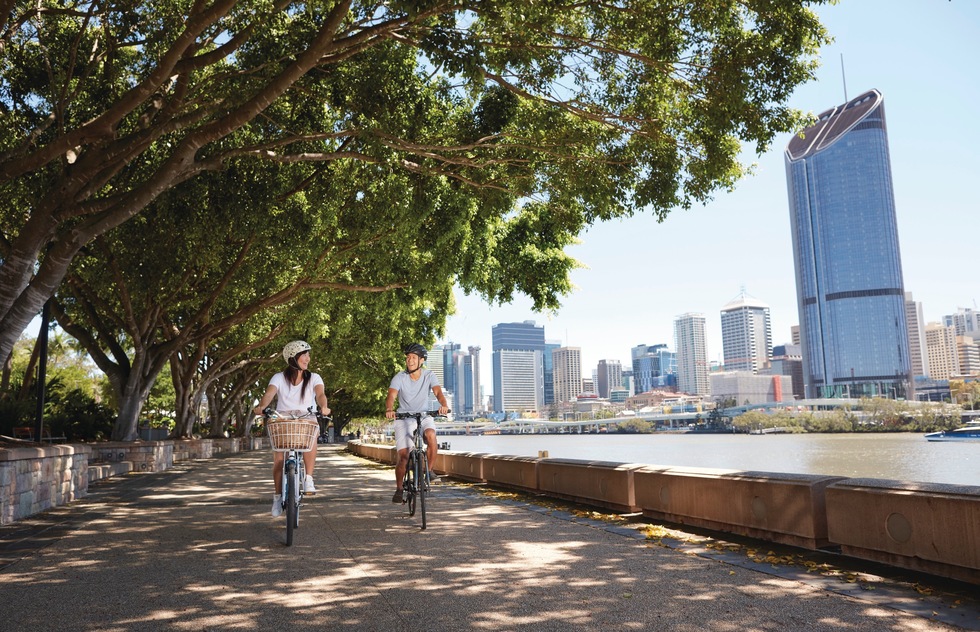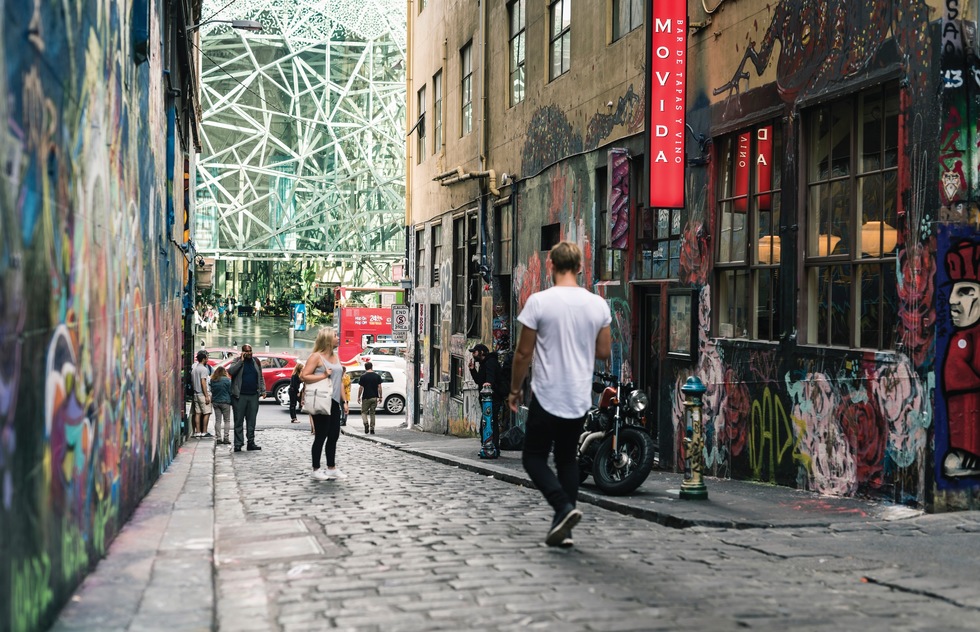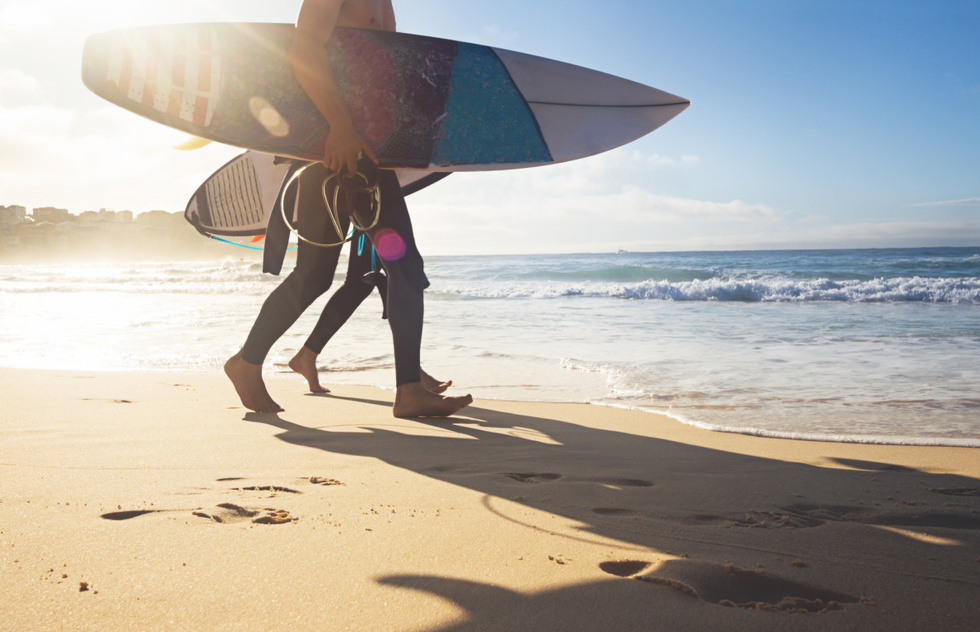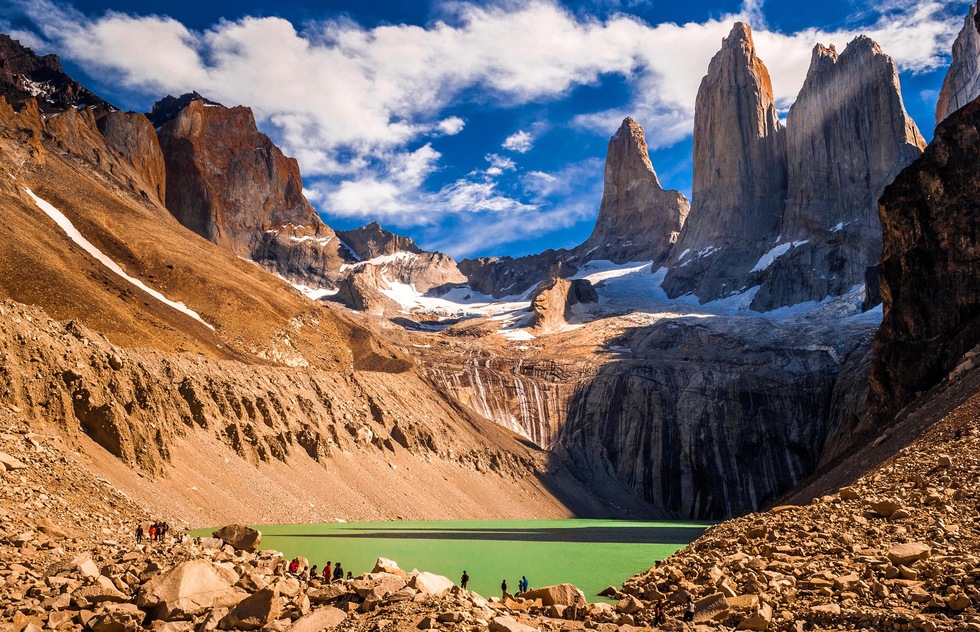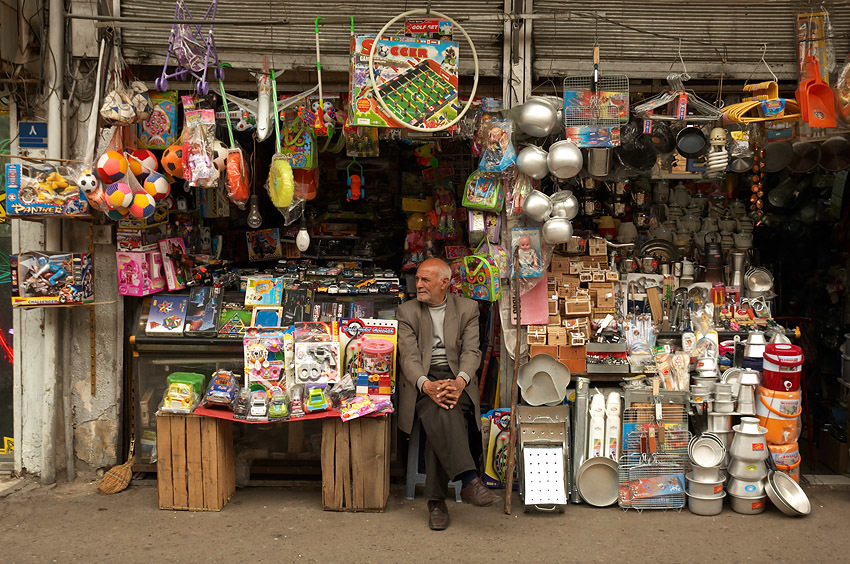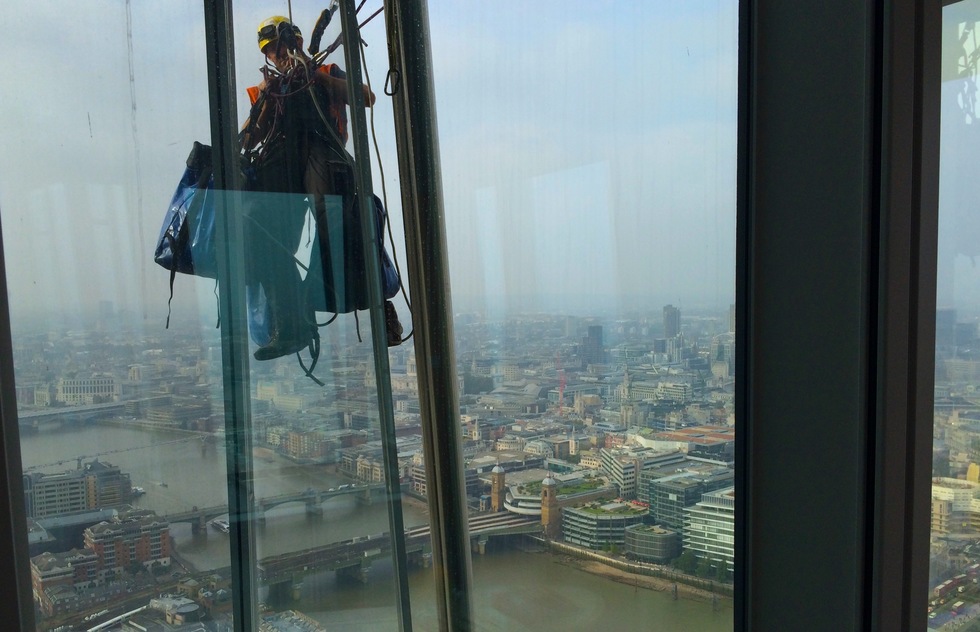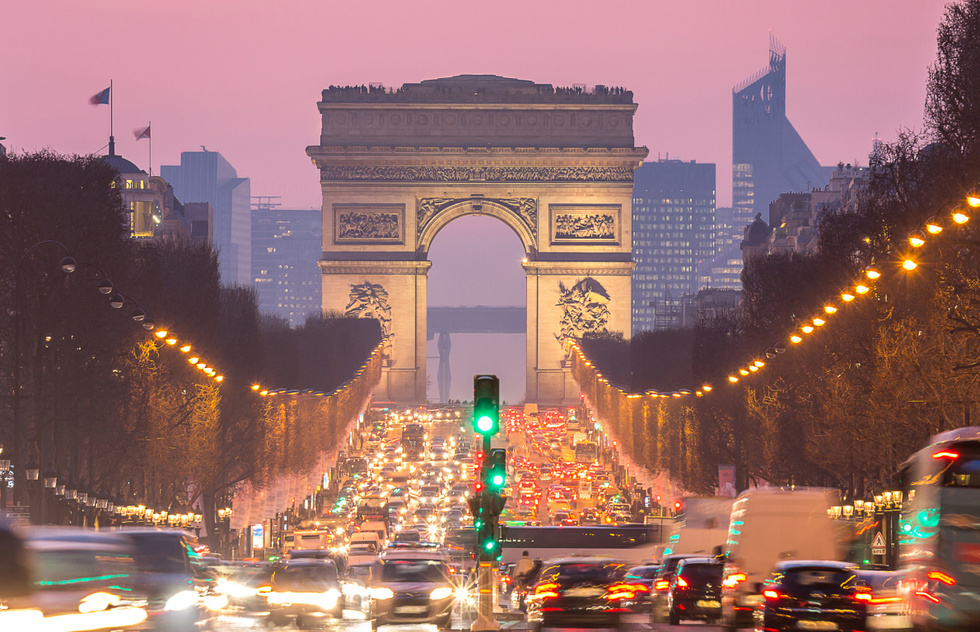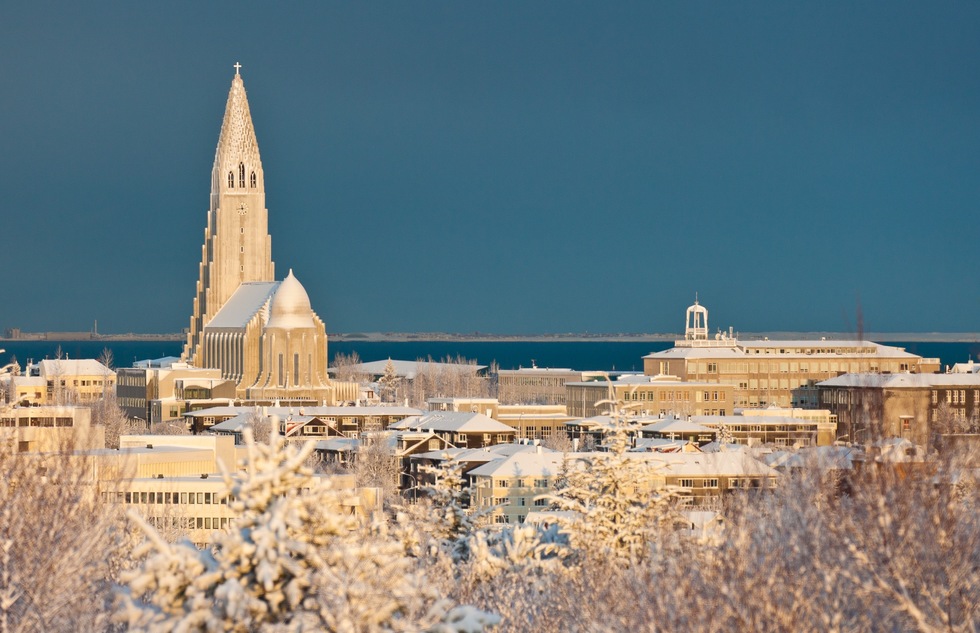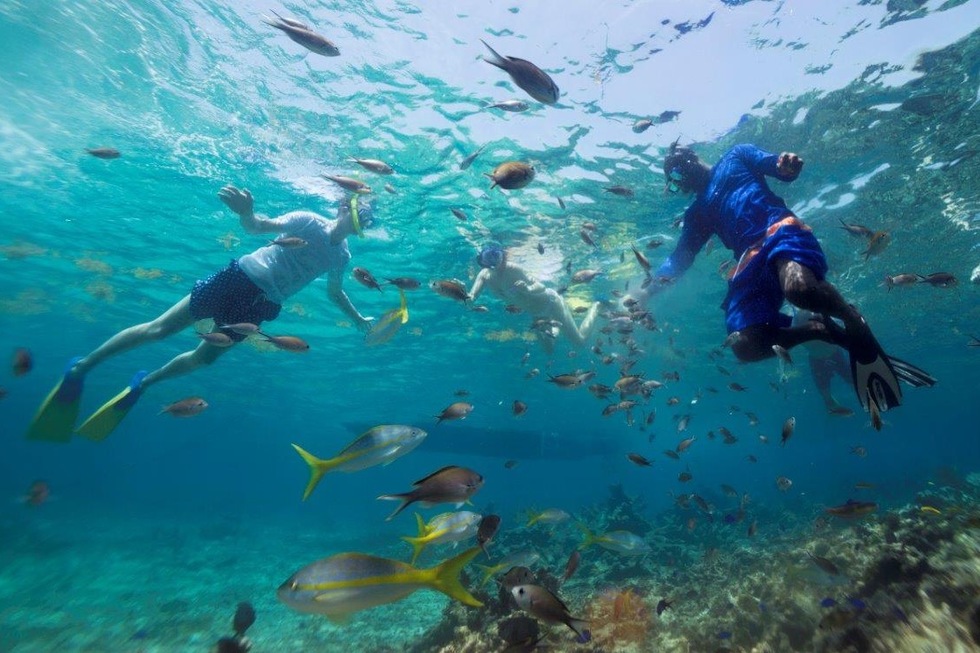Popular Place Names You've Probably Been Pronouncing Wrong
By Jason CochranDon't feel stupid. It happens. When you've only read about the places you've always dreamed of going, of course you wouldn't know how to say their names yet. But once it's time to buy a ticket, it's time to learn how to pronounce the place you're going—saying names correctly is the first sign that you care. It can also be the difference between coming off like a silly tourist or a savvy world traveler. You need an educated tongue. So repeat after us.
"Ed-in-BURG" is a town at the bottom tip of Texas near the Rio Grande.
But "Ed-in-BURR-uh"—the "uh" is just a wisp of an afterthought—is the misty, festive castle town in Scotland, famous for bagpipes, Robbie Burns, and a tattoo that leaves no mark. (Here's our guide to the place.) Know how to say the one you want to visit, or your travel agent may send you to yellow roses and not the thistles.
This one's messy. You aren't a boor if you're saying it "Him-uh-LAY-uhs." That's a legit pronunciation and no one will look at you funny—although they will know you're not from around those parts. Once you get to India and Nepal, locals are more likely to do something different.
First, many people leave off the "s": It's the Himalaya. A lot of northern Indians and Nepalese will say "Him-MALL-lie-yah"—emphasis on the second syllable. (Some Indians may even put the stress on the lie.) Over the years, some people have crammed those four syllables into three—"Him-MALL-yah"—and no one seems to bat an eye to that. You may even hear people shorten the whole 1,500-mile (2,400 km) mountain range into a tidy, two-syllable Himal, or "Him-MALL," which means snowy mountain.
Lose the found. Say Newfoundland in a similar way to "understand." If anything, the found becomes a light, half-ignored fin: "NEW-fin-land."
Just don't make the mistake of forgetting the last D. Give that last syllable its due.
Tanzania is a made-up name, like ExxonMobil or Whoopi Goldberg. Back in the 1960s, the separate lands of Tanganyika and Zanzibar were consolidated into one country, and unimaginative bureaucrats simply jammed the two names together into one word so no one would feel left out. So you may say it "tan-zan-EE-ah" while your best friend in Stone Town may say "tan-ZAN-ee-ah" or even "tan-ZANE-ee-ah." No one is wrong—because no one is right. So don't correct him when he says it. See, we can all get along.
You could say "kairnz." Many Americans do. Then again, you could also drag a fork across a chalkboard—it might win you more friends. Instead, when you utter the name of this gateway city to the Great Barrier Reef, be as lazy as an Australian. Just say "cans." If you're feeling authentic, you could affect an Aussie accent on the A—"kenz"—but that might be too obnoxious if you're not a local, and you don't want people to compare your shifting dialect to Madonna's. Just omitting the R is enough to prevent mockery.
Moving south in Queensland, closer to the beaches of Australia's Sunshine Coast, you find Brisbane. Mispronunciation of this city is the bane of locals—there are no hard As in Brisbane. There is a ben, though—as in "BRIZ-ben."
And then there's the queen of Australia's tricky trinity. Say it "MEL-bun." The Australians say it "MEL-bin," but if you need advice on how to say Melbourne to begin with, you won't have the accent to pull that off. "MEL-bun" will do. ("Mel-BORN" is a small city in Florida—or, in Australia, a cue for jokes about your accent.) Strangely, the Melbourne suburb of Cranbourne is indeed "CRAN-born." Yeah, life's crazy.
Before we leave Australia, let's make like so many tourists before us and hit the world-famous Bondi Beach east of Sydney. The iconic 1km- (0.6-mile)-long crescent of sand derives its name from an Aboriginal word for describing crashing surf, of which there's no shortage here—just as there's no shortage of out-of-towners mistakenly saying BAHN-dee or BONE-dee instead of the correct BAHN-dye, with a long i, as in "tide."
The rules of Spanish pronunciation are fairly predictable. Just break the word down into what the Spanish sounds should be. Chi- is "chee." And at the end of this word, the E sound in -le is like the E in elephant or men. (It's not a hard E as in key, and without an accent aigu, it's not a hard A like lay, either.) So: "CHEE-leh." It's also not "chilly," even if it can be chilly in Chile, and even if most locals won't correct you because they accept your accent for what it is. And if you're rhyming it with while, quit horsing around.
Take yourself out of it. There is no "I" in Iran. It's "ee-RAHN." "I Ran" is for A Flock of Seagulls. No matter how American military personnel commonly mispronounce it—or Iraq, for that matter— these place names start with "ee," not "I." Proving that in some matters, you now know more than a five-star general.
Pictured: Vendor in Tehran, Iran
Pretend the H isn't there. Then pretend the A is another E. You say it "Temms." The number of pronunciation quirks afflicting English maps can flummox even the most lucid linguists ("Worcester? I hardly know 'er!"), but if you begin by getting the name of London's central river correct, you've begun well. Oh, and the River goes before the Thames, and not the other way 'round.
Pictured: Window washer seen from a room at the Shangri-La Hotel at the Shard
Listen, nobody's asking you to sound like Alex Trebek saying "salon." But if you want to see certain Parisian landmarks, you might want to try for at least a trace of French pronunciation—even if slightly Americanized—in case you need to ask for directions.
The name of the showstopping Avenue des Champs-Élysées that connects the Place de la Concorde and the Arc de Triomphe (pictured above) should come out, more or less, as SHAHNZ-eh-lee-ZAY.
Elegant, town house–lined Place des Vosges in the Marais district was known as Place Royale until the French Revolution, when the square was renamed to honor France's Vosges region—the first in the country to pay taxes in support of the revolutionary army. Blame them for making you learn to say PLAHS-deh-VOHZH. The end of the word should sound like the start of Doctor Zhivago's last name. Come to think of it, a revolution gave him trouble, too.
The hill and bohemian neighborhood of Montmartre has not one but two tricky French Rs toward the end of its name. Unless you learn to speak French like a native, you're not likely to master the pronunciation, but mone-MAR-truh should get the job done. For the neighborhood's hilltop basilica of Sacré-Coeur, SAK-reh-CUR will do.
Finally, Louis XIV's over-the-top Palace of Versailles located just west of Paris should sound something like ver-SIGH. We can only permit ver-SALES if you're trying to be funny.
Say this aloud: "Royal Caribbean cruises." Now say this: "Pirates of the Caribbean." Did you say it two different ways? Mind blown! Americans routinely stress the second syllable ("ka-RIB-bee-un") while folks in the British/Commonwealth universe probably stress the first and/or first-to-last syllable ("ka-rib-BEE-un"). How do most islanders pronounce it? Unsurprisingly given their long colonial roots, they tend to side with the Brits, with the "BEE-un" at the end. Older dictionaries back up the British version, with the American style only cropping up relatively recently. Some islanders even stress the car- since the origin of the word is the indigenous Carib people. Even "carib" carries controversy—its origin relates to cannibal, which is what Christopher Columbus falsely claimed natives were because he wanted to smear them in Europe and justify conquering them. But there's also a beer in Trinidad and Tobago called Carib. So when in doubt, trust the beer. Jack Sparrow would.





